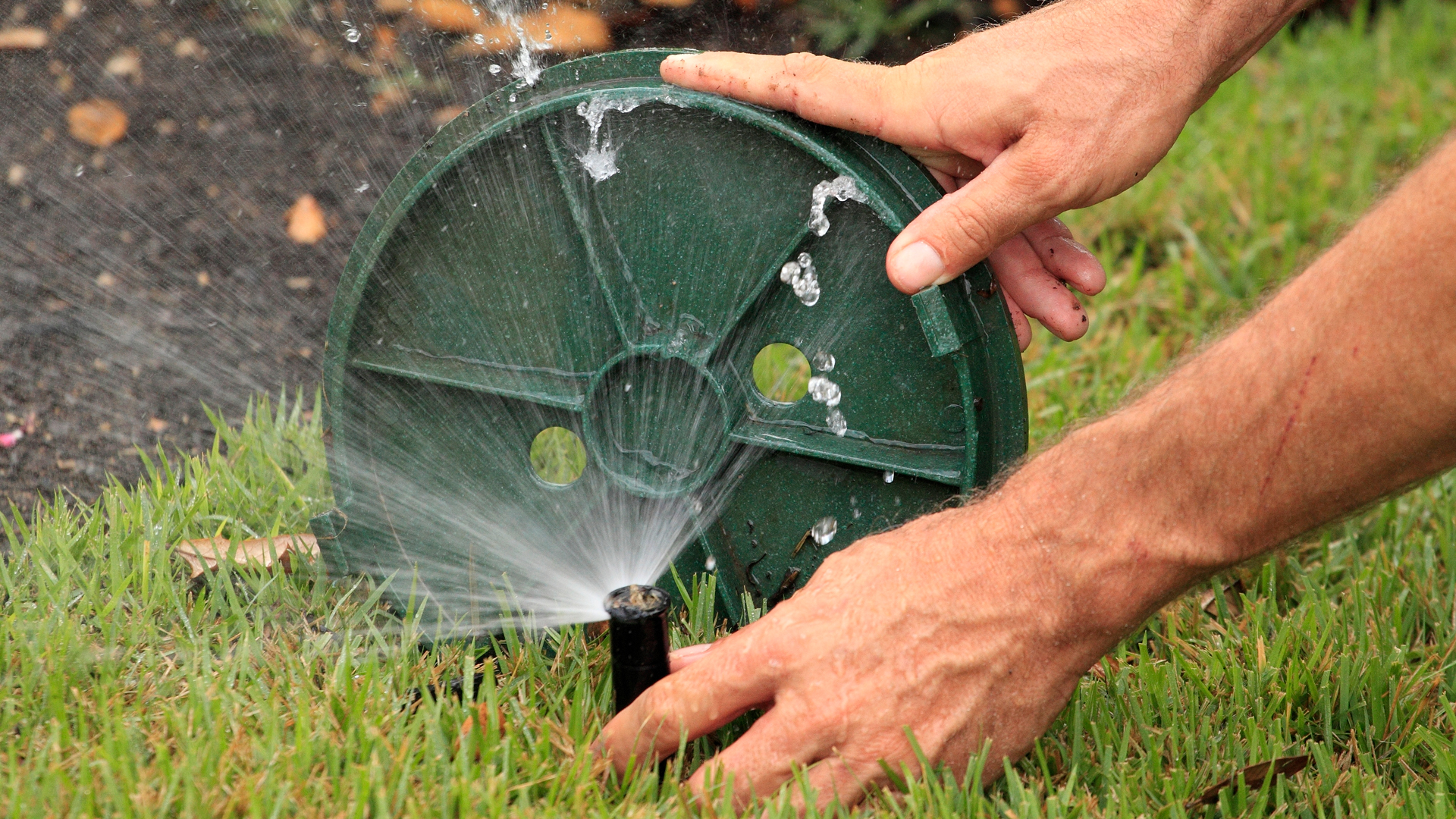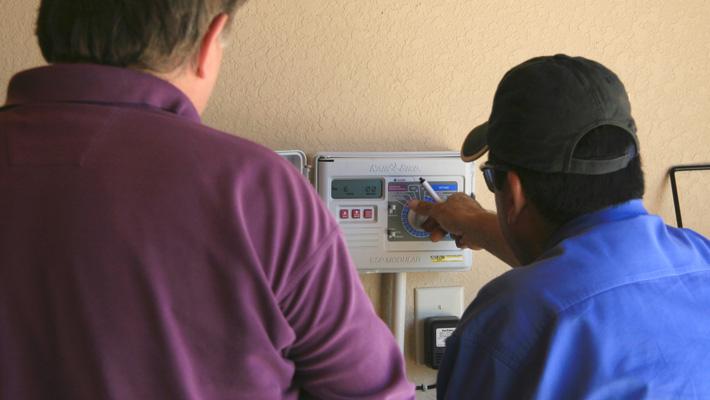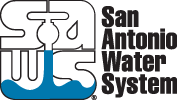The average sprinkler system uses a lot of water — and wastes even more if it’s watering haphazardly. Follow these easy tips to wrangle wild sprinkler heads.
In a region where prolonged drought is typically the norm, water is a precious resource that should be conserved whenever possible. This is particularly important when it comes to irrigation.
Not only does the average sprinkler system use exponentially more water than any other residential use, but when waste such as overspray and runoff are factored in, the excessive use can be truly shocking. Fortunately, there are several steps homeowners and businesses can take to reduce or prevent irrigation overspray and runoff.
Begin with regularly maintaining your system. Check it on a regular basis for leaks, broken sprinkler heads, damaged drip tubing, and other issues. Activate each zone (or section) individually and inspect each sprinkler head for problems. Repair or replace broken or leaking heads and adjust any heads spraying water onto the sidewalk or street. Water lost down the street due to overspray and runoff is not only money wasted, but it can also result in a citation.

On some spray sprinkler heads and those with multi-stream nozzles, simply gripping the head firmly by the extended stem and rotating it to redirect water onto your landscape can resolve the issue. If this is not possible, check if the sprinkler head has an adjustable nozzle that will allow you to manipulate the arc. Rotating the adjustment knob counterclockwise will narrow the arc spray. This, combined with adjusting the head itself by rotating the stem, will help finetune where your irrigation system is watering.
No adjustable nozzles? Most spray heads are quick and easy to swap out with adjustable alternatives. For sprinkler heads throwing water too far (into the street), check to see if the nozzle has a small screw that can be tightened to reduce water flow and distance.
Another common water waste issue is runoff, which is often a contributing factor of overspray. But it can also be caused by other factors like a sloping landscape.
In areas where overspray is unavoidable, consider removing the sprinkler heads all together and planting hardy drought-tolerant alternatives in the area.
Of course, if troubleshooting your irrigation system seems too daunting, we’re happy to help! Just give us a call to schedule a free irrigation consultation. We’ll visit your home (or business), run through your sprinkler system, identify problems, and offer advice on how to make your system more efficient as well as inform you of any water-saving rebates or coupon programs you may qualify for.

Water conservation is a shared responsibility, so let’s all do our part to make sure the water we’re using on our yards and landscapes is done with consideration and as little waste as possible.


